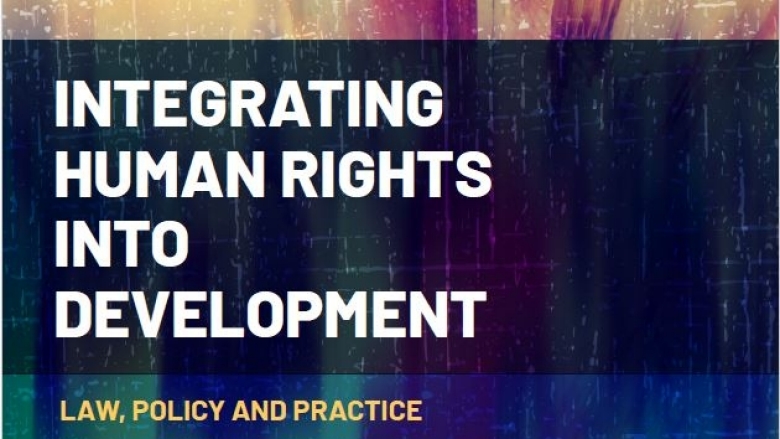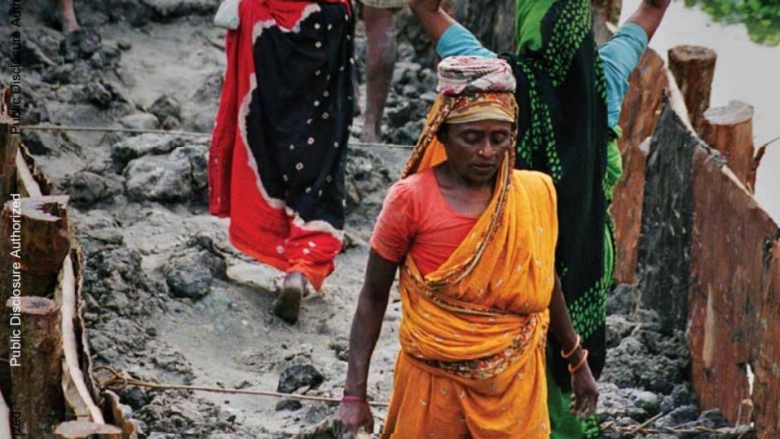Every year, millions of people worldwide are trafficked.
Launched in April 2022, the WB-IOM joint report “Economic Shocks and Human Trafficking Risks” is the first empirical analysis of the relationship between changes in country-level economic conditions and the risks of human trafficking. The report uses IOM’s Victims of Human Trafficking (VoT) database, which contains information on around 50,000 victims of human trafficking including gender, age, educational attainment, place of birth, and country of exploitation.
The results of the report’s analysis show that economic shocks, such as those caused by a decrease in export commodity prices, are significantly and positively associated with the number of detected human trafficking victims in origin countries. This effect is attenuated by the presence of good governance institutions (particularly a commitment to the rule of law and access to justice), stricter anti/trafficking policies, and social assistance. As one of the most comprehensive empirical analyses of human trafficking cases to date, this study enhances understanding of the determinants and patterns of human trafficking. It is the first to empirically document the relationship between economic shocks and human trafficking. It is also the first World Bank global analysis of human trafficking.
To learn more, check out:














